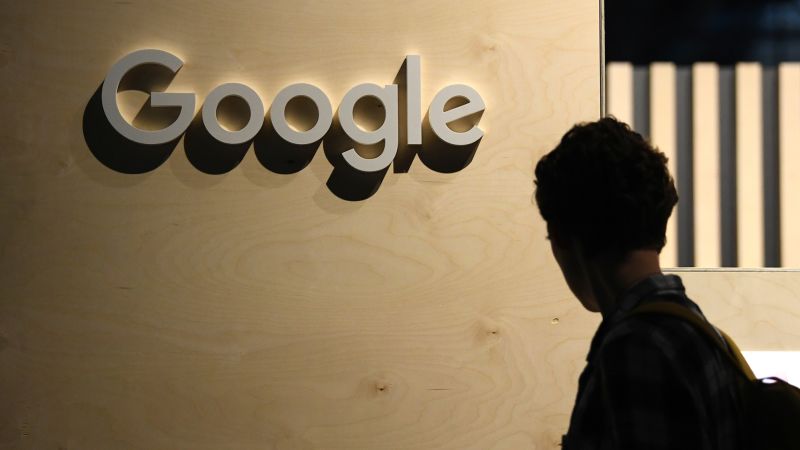Google has violated US antitrust law with its search business, a federal judge ruled Monday, handing the tech giant a staggering court defeat with the potential to reshape how millions of Americans get information online and to upend decades of dominance.
“After having carefully considered and weighed the witness testimony and evidence, the court reaches the following conclusion: Google is a monopolist, and it has acted as one to maintain its monopoly,” US District Judge Amit Mehta Mehta wrote in Monday’s opinion. “It has violated Section 2 of the Sherman Act.”
The decision by the US District Court for the District of Columbia is a stunning rebuke of Google’s oldest and most important business. The company has spent tens of billions of dollars on exclusive contracts to secure a dominant position as the world’s default search provider on smartphones and web browsers.
Those contracts have given it the scale to block out would-be rivals such as Microsoft’s Bing and DuckDuckGo, the US government alleged in a historic antitrust lawsuit filed during the Trump administration.
Now, said Mehta, that powerful position has led to anticompetitive behavior that must be stopped.
Specifically, Google’s exclusive deals with Apple and other key players in the mobile ecosystem were anticompetitive, Mehta said. Google has also charged high prices in search advertising that reflect its monopoly power in search, he added.
Those contracts have long meant that when users want to find information, Google is generally the easiest and quickest platform to go to, which in turn has fueled Google’s massive online advertising business.
While the court did not find that Google has a monopoly in search ads, the broader strokes of the opinion represent the first major decision in a string of US-government led competition lawsuits targeting Big Tech. This case in particular has been described as the biggest tech antitrust case since the US government’s antitrust showdown with Microsoft at the turn of the millennium.
Neither Google nor the Department of Justice immediately responded to a request for comment. This case is distinct from a separate antitrust suit brought by the Biden administration against Google in 2023 related to the company’s advertising technology business. That case is expected to head to trial in early September.
But Monday’s decision marks the second high-profile antitrust defeat for Google after a federal jury in California said in December that Google runs an illegal monopoly with its proprietary app store. The court in that case is still deliberating possible remedies.
Mehta’s decision is expected to trigger a separate proceeding to determine what penalties Google will face — and the company is also likely to file an appeal. But the ruling could ultimately upend how Google makes its search engine available to users, by impacting its ability to make the pricey deals with device makers and online service providers that were at the heart of the case.
If the court takes away Google’s agreements that make it the default search engine on so many devices it could hurt the company’s core product at an extremely pivotal moment, Emarketer senior analyst Evelyn Mitchell-Wolf said in an emailed statement.
“Its ubiquity is its biggest strength, especially as competition heats up among AI-powered search alternatives,” Mitchell-Wolf said, referring to the growing threat to Google’s search dominance posed by artificial intelligence search tools like OpenAI’s ChatGPT.
At the time the lawsuit was first filed, US antitrust officials also did not rule out the possibility of a Google breakup, warning that Google’s behavior could threaten future innovation or the rise of a Google successor.
The ruling could also be a bellwether for other, major tech antitrust cases that are moving through the courts, including against Apple and Amazon. Both Amazon and Apple have called the antitrust lawsuits filed against them “wrong on the facts and the law.”
This is a developing story and will be updated.
Read the full article here





